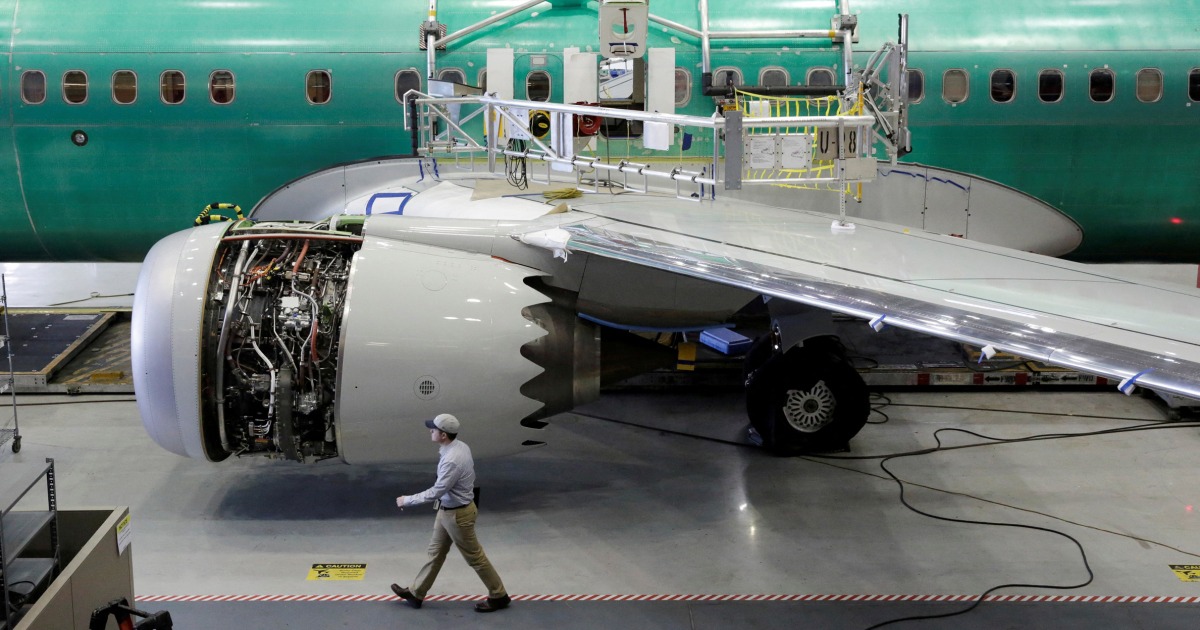“We’ve taken important steps to foster a safety culture that empowers and encourages all employees to share their voice. But there is more work to do,” Boeing said Monday.
A new report by federal safety experts found major issues with Boeing’s safety culture — including a “disconnect” between senior management and other employees, and a fear of retaliation when reporting safety concerns.
The report released Monday had been requested by Congress and was completed by a panel of experts that convened in March 2023.
The report found “gaps in Boeing’s safety journey” and described the safety culture as “inadequate” and "confusing.”
You must log in or # to comment.


